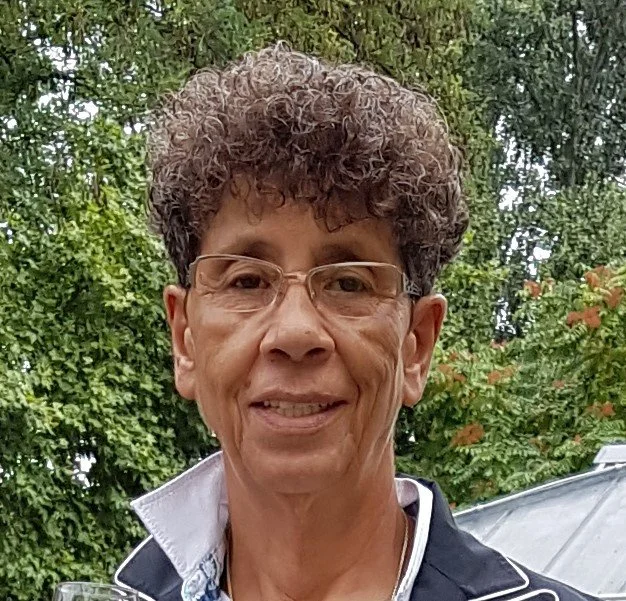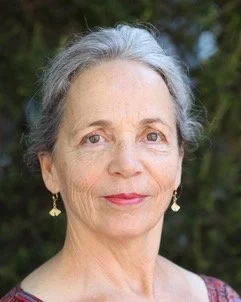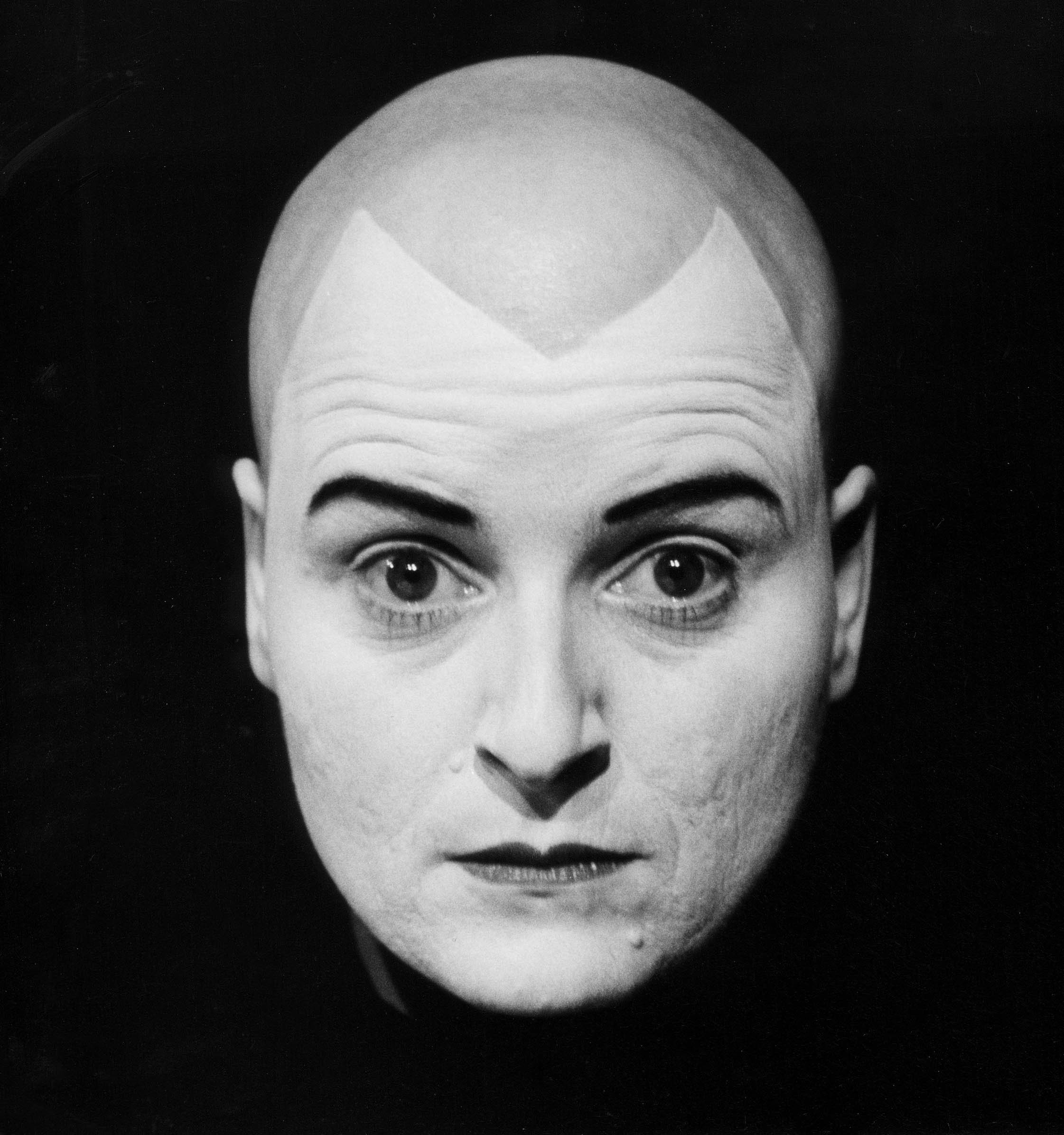
Ist das Slam oder kann das weg?
March 26, 2023, 7:00 p.m.
In 1980s Berlin, the spoken-word genre began to enjoy great popularity among intersectional performers. However, in a sudden twist of fate, spoken word quickly lost traction to poetry slams, which reflected new ex-pat, post-Wende, and migrant audiences craving an egalitarian form of expression. Even now, ‘Slam’ is seen as a democratic public arena that speaks truth to power. But is this the case?

A Celebration of Life
In collaboration with Dr. Dagmar Schultz, Ika’s life partner, JB and I created videos about Ika’s life. Ika was an activist, co-author of several books, author of Daheim unterwegs: Ein deutsches Leben (Invisible Woman: Growing Up Black in Germany), artist, social counselor, anti-racism consultant, martial artist, and friend…

How Growing Up as a Child of Holocaust Survivors Has Shaped My Life
“As I look over my life I have identified certain struggles linked to my upbringing:
Raised by two refugees from the Nazis—my mother from Berlin, and my father from Metz. They had both been politically active before they were forced to leave, my father was a Social Democrat, and my mother was in the communist movement.
I struggled with how to be an American culturally and find a place in the work world that felt safe for me. ”

More than Beer and Lederhosen: Living in Germany in Memorable Times
Dr. Finney’s sojourns in West Germany have coincided with historic moments in the country’s history. Her job as a nurses’ aide in 1970 fell in the wake of the Economic Miracle and the contracting of Gastarbeiter*innen. She arrived in Tübingen to take up a dissertation fellowship in October 1977, days before members of the far-left militant Baader-Meinhof Group were found dead in their cells at Stammheim Prison. Holding a Humboldt Research Fellowship in Berlin, 1989-1990, coincided with the fall of the Berlin Wall and its aftermath.

Divided: A Memoir
Without ever losing sight of the larger political and cultural context, Divided dramatizes the intimate, funny, wrenching, and often visceral process of a girl becoming a woman, a woman becoming herself, and ultimately finding her home in her body.”
Christine Schoefer wrote her dissertation at UC Berkeley on politics and literature in East Germany. After a period of academic teaching and research, she became a freelance writer. She still lives in two places: Berkeley and Rodenaes, a village in the northwest corner of Germany.

Berlin and I Have Changed
"I spent my 50th birthday in Berlin because I wanted to be in a city that had changed as much as I had."
Jude's passion for Berlin spans four decades: her first visit to the divided city was during a Fulbright-sponsored study at the Universität Hamburg in the 70s. Solo visits to East Berlin through the infamous Tränenpalast ("Palace of Tears") at Friedrichstrasse Station followed. She visited Berlin yearly, staying in a pension in the home of an older survivor of the WWII bombing of Berlin, and was in East Berlin just days before the fall of the Wall. She spends her visits wandering the chaotic reunited city, exploring mysteriously abandoned locales, and making numerous visits to the luminous new capital of Germany.

Finding My Place in the World
Inge Schaefer Horton was born in Hannover, Germany, and grew up in Hamburg and North Rhine-Westphalia during, and after, World War II.
After graduation, Inge studied architecture at the Technical Universities of Hannover and Berlin, where approximately 10% of students were women. After graduating as a Diplom Ingenieur in 1965, Inge worked at the TU Berlin as a Research Associate and wrote her first book, Early Modern Architecture in Berlin.

Berlin and I: Vom Mauerblümchen zur Weltstadtpflanze | From Wallflower to Metropolitan Plant
“Manchmal bleibt eine/r am selben Ort sitzen, und die ganze Welt um eine/n herum verändert sich. Bleibe ich unberührt oder ändere ich mich mit?”
“Sometimes one remains immobile in a place and sees the world around one changing. Do I remain unchanged or do I change, too? How does that happen? Do I take an active part in this change?”

Bridge Markland
Bridge Markland, an acclaimed performer from Berlin (*1961 in Berlin - West), is a virtuosa/o of role-play and transformation. She is an artist who effortlessly crosses all boundaries between sub- and high-culture, dance, theatre, cabaret, performance, puppetry, and erotic art. Her specialty is transgender performances in which the audience can experience the change from woman to man (or vice versa). She is a pioneer of drag and gender performance in Germany and has organized Drag King events, tours, and festivals from 1994 - 2002.

Daheim Unterwegs: Ein deutsches Leben
Ika Hügel-Marshall was born in Germany in 1947 to a white German mother and an African-American father. Initially, she grew up with her mother, but from her sixth to her fifteenth year of life she was raised—as many Afro-German children of her generation—in a children's home. Only at the age of 39 did she meet other Afro-Germans and was then involved in setting up the “Initiative of Black Germans” (ISD). In 1993, she found her father in Chicago and met him and his family—a most profound experience.
In 1996, Ika Hügel-Marshall received the Audre Lorde Literary Award for the completion of Invisible Woman. She has given numerous readings in Germany, Austria, and the USA.
